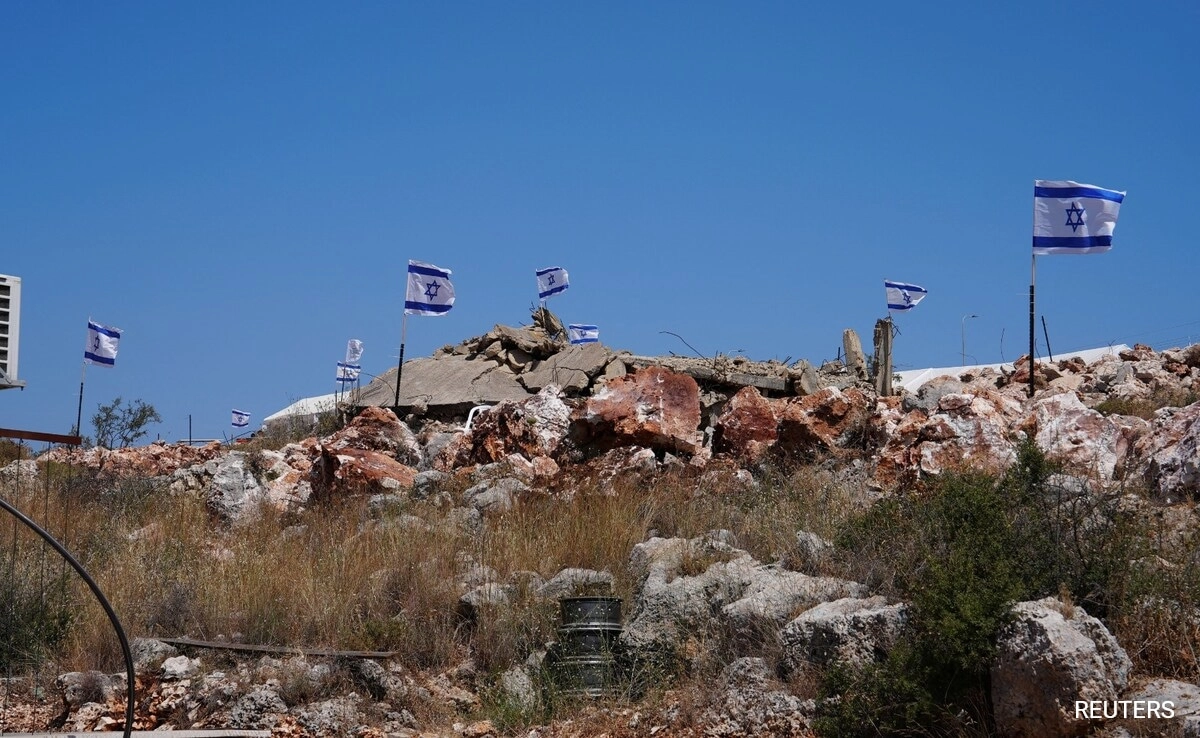The Chief of Staff of the Israel Defense Forces (IDF) has issued a stark warning regarding the ongoing military operations in Gaza, emphasizing the possibility of continuous combat “without rest” until the hostages held by Hamas are released. This statement underscores the escalating tensions in the region, where the conflict has intensified following a series of violent exchanges. The IDF’s commitment to operational objectives is clear, as they seek to dismantle the capabilities of Hamas while simultaneously addressing the urgent humanitarian concerns arising from the ongoing conflict.
The situation in Gaza has become increasingly dire, with heavy civilian casualties reported amidst the IDF’s military campaigns. The humanitarian crisis has drawn international attention, prompting calls for ceasefires and negotiations to ensure the safety of civilians and the release of hostages. However, the Israeli military’s stance indicates that they view the liberation of hostages as a precondition for any halt in military operations, reflecting the complexities and deep-seated grievances that characterize this conflict.
As the IDF prepares for potentially prolonged engagement, the implications for both Israeli and Palestinian civilians are profound. The military operations are likely to lead to further devastation in Gaza, exacerbating the already critical humanitarian situation. Meanwhile, the Israeli public is grappling with the uncertainty surrounding the fate of the hostages, who are believed to be in precarious circumstances. The situation necessitates a delicate balance between military objectives and humanitarian considerations, raising questions about the long-term repercussions of the current strategy and its impact on the broader Israeli-Palestinian conflict.
The international community remains watchful as the situation evolves, advocating for dialogue and resolution to prevent further loss of life. The IDF’s readiness for sustained combat, coupled with their emphasis on hostage recovery, presents a challenging scenario that could prolong the cycle of violence. Moving forward, the need for a comprehensive approach that addresses the root causes of the conflict is essential, as both sides navigate the complexities of war, security, and human rights amidst a backdrop of longstanding animosities.




